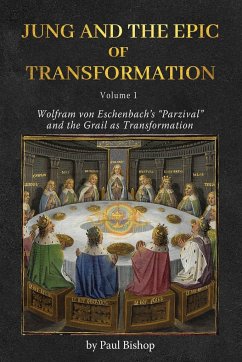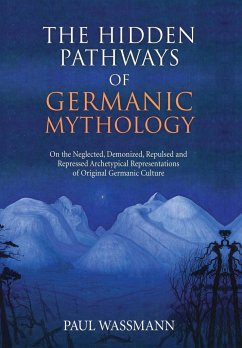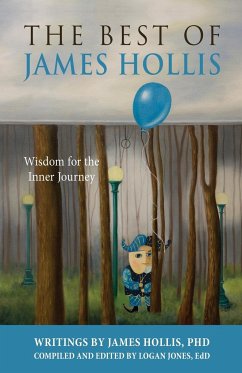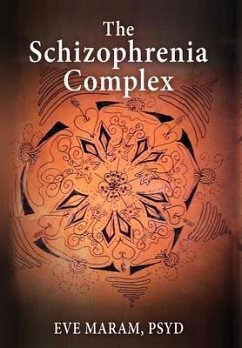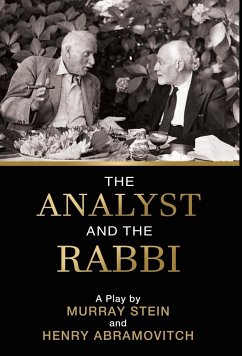What have the Middle Ages got to do with us? For Jung, it seems, quite a lot; after all, he tells us: "I must catch up with a piece of the Middle Ages - within myself," adding: "We have only finished the Middle Ages - of others." In Wolfram von Eschenbach's "Parzival" and the Grail as Transformation, Paul Bishop considers the significance for Jung of a masterpiece of medieval German literature, and a major work in the tradition of the legendary Holy Grail. Wolfram's Parzival epic depicts a three-fold quest: for the hero's identity, for vröude ("joy"), and for the mysterious Grail. In the course of this quest, Parzival himself is transformed from a fool into the lord of the Grail, and the power of the Grail brings about a collective transformation as well. This is the first volume in a series of books, examining key texts in German literature and thought that were, in Jung's own estimation or by scholarly consent, highly influential on his thinking. The project of Jung and the Epic of Transformation consists of four titles, sequentially arranged to explore great works from a Jungian perspective and in turn to highlight their importance for interpreting The Red Book. Table of Contents -List of Abbreviations -Grail Studies (in chronological order) -Parzival/Parsifal Studies (in chronological order) -Editions cited -Acknowledgements -Preface: The Grail and Arthurian Legend -Chapter 1 An Introduction to Epic -Chapter 2 Wolfram's Parzival -Chapter 3 Jung and the Grail Myth: Analytical Psychology as a New Form of Quest for Transformation -Bibliography
Bitte wählen Sie Ihr Anliegen aus.
Rechnungen
Retourenschein anfordern
Bestellstatus
Storno

